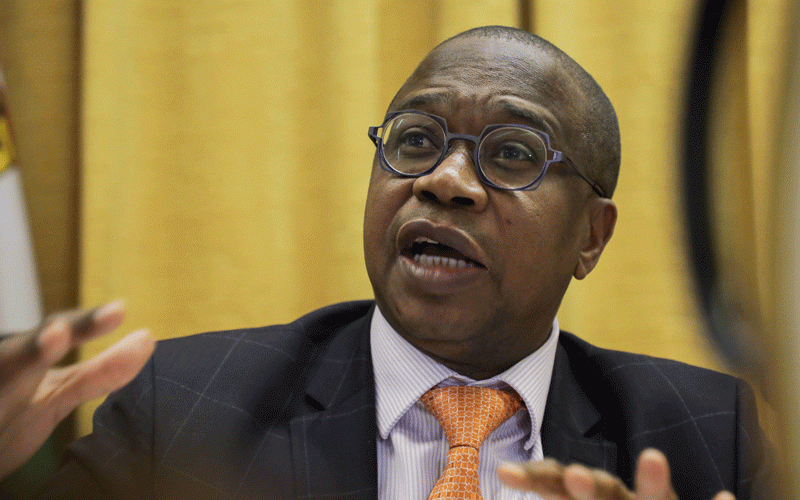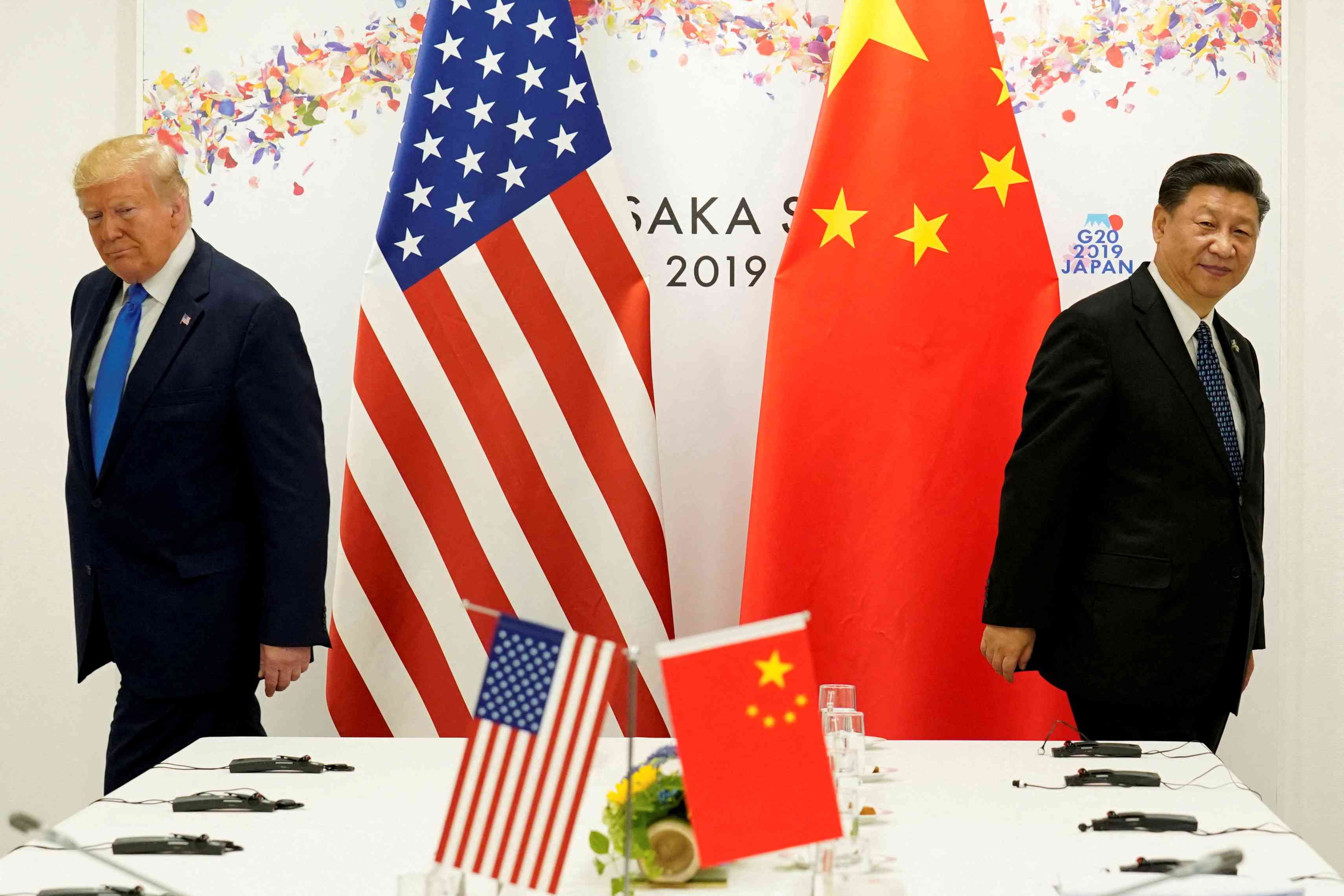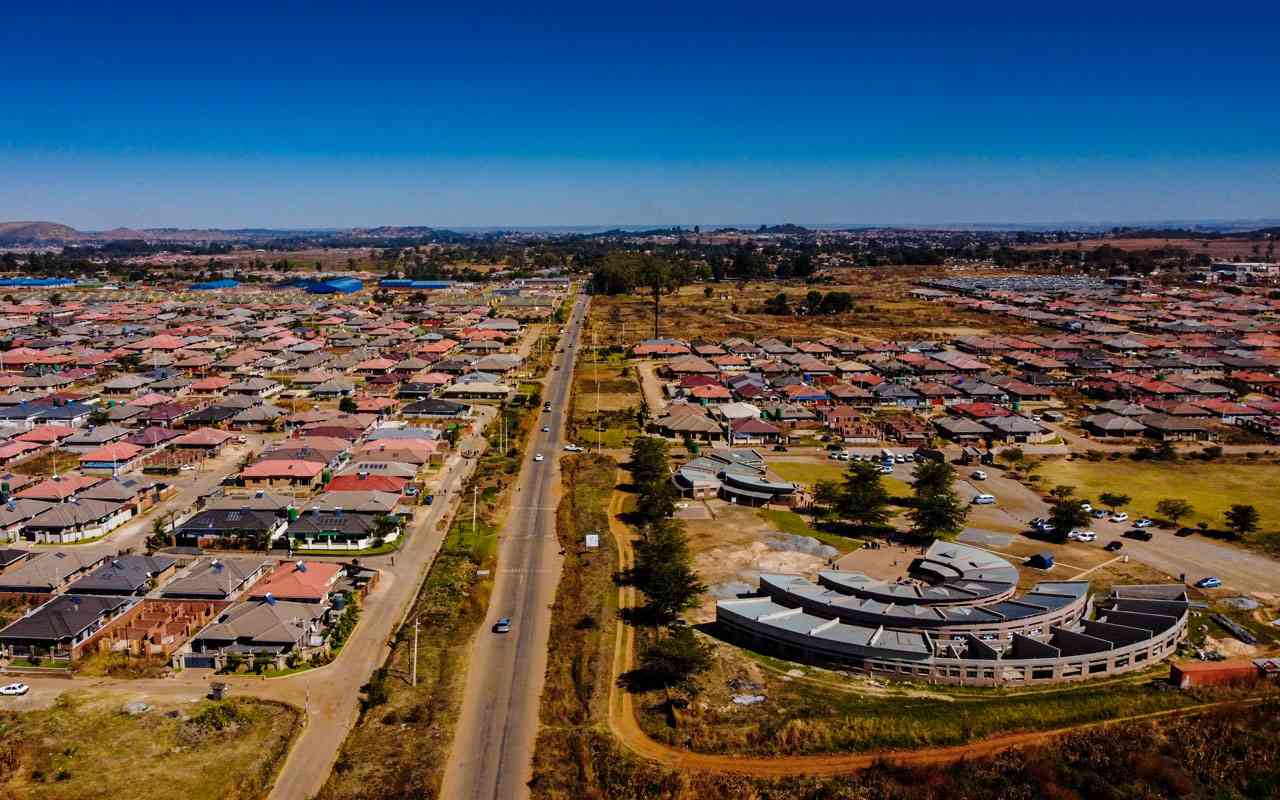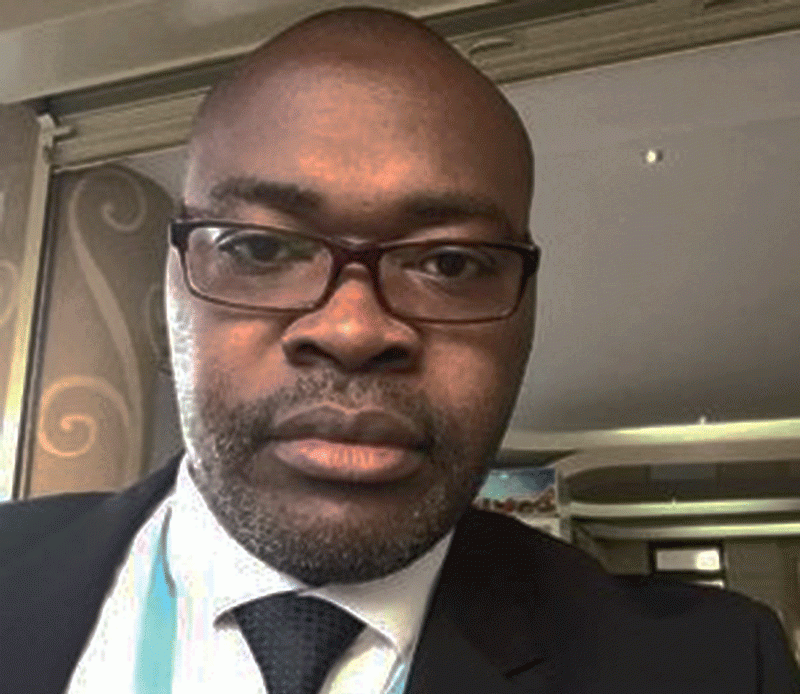
LIKE slavery and apartheid, poverty is not natural. It is man-made and it can be removed by actions of human beings. National budgets must reflect our commitment to ending poverty and inequality,” to quote the late founding father of South Africa, Nelson Mandela.
Mandela made the statement in a speech at the Make Poverty History Rally, Trafalgar Square, London on July 2, 2005.
The above quote was made by Speaker of Parliament, Jacob Mudenda, on Wednesday during the opening of the 2025 pre-budget seminar in Bulawayo.
The statement had a different feel.
It was the first time I had heard Mudenda speak so bluntly, considering that he has been Speaker since 2013.
The dates are important since he became the only Speaker post the inclusive government of 2009-2013 that is largely credited with bringing economic stability.
The points that hit hard in the quote are, “poverty is not natural,” and “it is man-made and can be removed by the actions of human beings”.
This could be a reference to people who wield power on the behalf of the public.
- Mavhunga puts DeMbare into Chibuku quarterfinals
- Bulls to charge into Zimbabwe gold stocks
- Ndiraya concerned as goals dry up
- Letters: How solar power is transforming African farms
Keep Reading
These are Members of Parliament (MPs) and Cabinet ministers.
The long and short of it is that Parliament (National Assembly) has the sole control in passing a budget.
This is immense power, a power that is rarely used by the Parliament of Zimbabwe, except when it is fighting for MPs perks.
This year’s pre-budget seminar started on a sour note as the MPs threatened to sabotage the process unless their needs had been addressed.
The MPs main grievances were the unpaid allowances and fuel allocations from January 2024.
Finance minister Mthuli Ncube promised the MPs that by the end of the week, today, the MPs outstanding allowances would have been paid, thereby quelling the situation.
Mudenda, after the allowance issue was resolved, said: “We have to preserve the dignity of MPs for two reasons. They are the only entity with the privilege to represent the people of Zimbabwe.
“Secondly, it is important that those who pass the budget must be respected and we have to honour that responsibility and that welfare of MPs is addressed expeditiously.”
It was encouraging to note that MPs were aware of their role in public finance management.
They broadly know they have an oversight role on the use of public finances and that they have the responsibility of approving a budget.
Many MPs who took to the floor to debate the 2024 budget bemoaned the skewed manner in which the budget resources are being used to finance the luxurious needs of a few against the majority.
It was noted that by September 30, 2024, four departments had utilised more than 100% of their approved budgets.
These were: Office of the President and Cabinet (109%); Transport and Infrastructural Development (162%); Agriculture (105%) and the Judicial Services Commission (106%).
During the same period the following institutions had the least disbursements: Zimbabwe Anti-Corruption Commission (7,7%); National Prosecuting Authority (38,6%); Public Service and Social Welfare (19,68%); Health and Child Welfare (44,33%) and Environment and Climate (49%).
It is apparent from the aforesaid budget performance statistics which areas the government prioritised. Health, anti-corruption, public service and social welfare and environment and climate were not that big in the scheme of the executive.
These figures relate with what is attainable in reality of our public health system, mushrooming corruption in both private and public spheres, failure to have social safety nets of the poor and vulnerable and tokenism attendance to emerging climate change effects.
It was encouraging that the works of civic society organisation like Veritas and Zimbabwe Coalition on Debt and Development are bearing fruits.
MPs can now debate using the Constitution to back their arguments as much as they can relate poverty to the Executive’s high prioritisation of funding for projects that benefit a few.
Industry and Trade portfolio committee chairperson Ngonidzashe Mudekunye blamed Treasury for the economic mayhem being caused by growth of money supply.
Mudekunye said: “I hope as Parliament we can come up with a solution to have the government to explain whenever there is big money supply growth.”
Money supply has been linked to the loss of value of the local currency against major currencies, but principally against the United States dollar.
The Zimbabwean government has shown an insatiable taste for extravagant expenditure using printed money.
To put things into context, the OPC budget is greatly influenced by the foreign trips done by Cabinet ministers and purchase of luxury vehicles.
On the other hand, the JSC spent money on judges’ houses and vehicles and agriculture is on the perennial funding to farmers who year after year default in repayments.
It was relieving to notice that MPs’ awareness of constitutional provisions for public finance management is growing.
Some MPs were caucusing on the issue of devolution funds, where the Constitution says 5% of the national budget should go towards devolution.
There were also other MPs who were discussing the need for amendment of the Public Debt Act so that the government can only contract sovereign debt after the National Assembly’s approval and that debt must not exceed 70% of the GDP.
After this last retreat before the 2025 budget presentation, the ball is now in the Treasury’s court to incorporate MPs’ suggestions on more funding for health, education, combating climate change and provision of water and energy to citizens.
These social and economic rights are important to take the country to the next level of upper middle-income status.
It is a widely held view among political scientists that politics is all about resource allocation.
Here we have an opportunity to see Zimbabwe’s politics by the allocations the Treasury will give to ministries, departments and agencies.
It is time Mandela’s quote, “national budgets must reflect our commitment to ending poverty and inequality is put into practice,” is put into practice.
Paidamoyo Muzulu is a journalist based in Harare. He writes here in his personal capacity.











